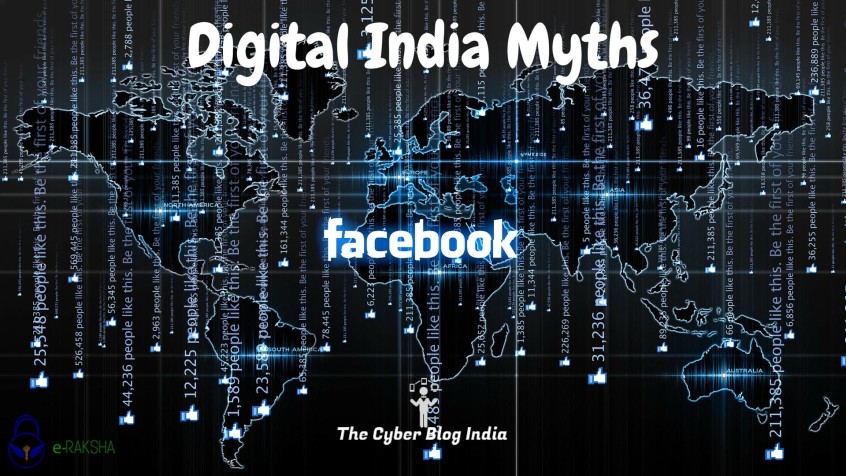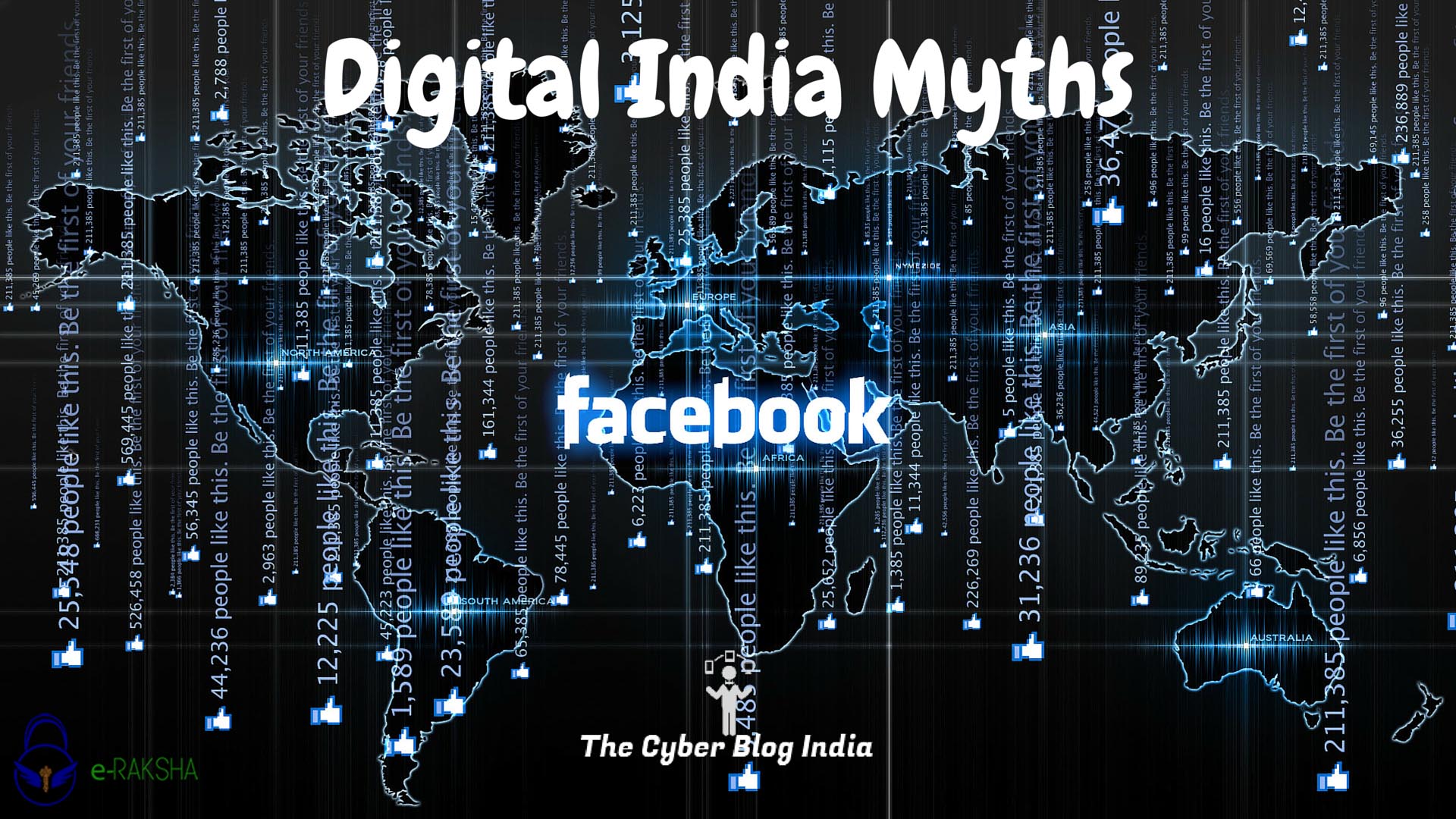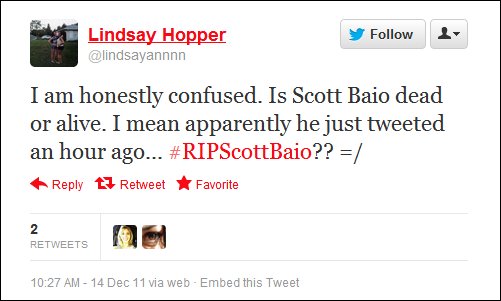Digital India Myths: Facebook

 This post is the third in the series about the myths people in India have about Computers, Mobiles, the Internet and Cyber Space. Here are some common theories about Facebook in India.
This post is the third in the series about the myths people in India have about Computers, Mobiles, the Internet and Cyber Space. Here are some common theories about Facebook in India.
With over 120 million users on Facebook, India is surely one of the largest user bases for various social media platforms. The number of Facebook users in India has doubled in just 3 years. With such mass adoption, there are certainly a lot of myths revolving around Facebook. The following are the most common myths:
- I have set my privacy to “Friends.” I’m safe now.
This is the most common misconception Indians have about Facebook. Although protecting personal information from unknown people is of critical importance, there are various cases in which the victim’s friends were the real culprits. It’s good that you have set your privacy as “Friends”, but you still need to take care of everything you share on social media. Moreover, you can set two-factor authentication for your accounts to prevent unauthorised access.

- Facebook is only for the Younger Generation.
Even though people between the ages of 15 to 35 are major social media users, Facebook is well set to feature both the younger and older generations. In recent times there has been a trend of post-40 entering various social platforms of the virtual world. The trouble arises because this generation is often not aware of the most basic security settings and is too fascinated which ends up becoming a deadly combo. - People can tell when you have looked at their Facebook profiles.
This is nothing more than just a rumour. Facebook has clarified in the help section that it doesn’t let people track who views their profile. Even third-party apps can not provide such functionality. Facebook even encourages users to report such misleading apps.
Source: Huffington Post
- All news on Facebook or other social media is true and I can believe it.
Social media is a perfect platform for spreading false news. Always confirm the news from alternate sources like TV, newspapers etc. There have been a lot of instances where there were posts like some celebrity has died, but in the end, it was just a rumour being spread through social media. Liking or sharing false news can also land you in serious trouble.
Credits: Sprout Social
- Criminals buy my personal information.
Every social media platform has its own set of privacy settings and so has Facebook. Every time we sign up for a new social media platform, most of us don’t even see what exactly privacy settings are. For example, multiple check-ins with privacy mode set to public on Instagram or say Facebook is surely giving insight to criminals about your current location.

- We can do anything by creating a fake ID and we won’t get caught.
This should not come as a surprise but Facebook and other platforms record every time you log in, your IP Address details, session time etc. In cases like online defamation, a notice is served under Section 91 of CrPC against the platform. The concerned platform has to reply with all the details they have about the asked account. - Whatever is in the virtual world, exists in reality.
Did you accept that friend request just because the person was looking hot in the profile picture?
Not every person we meet online is a real person. Cyberspace has pros as well as cons. You want to connect to people on social media, connect to the ones you already know. Sometimes the so-called friendship in the virtual world becomes so horrible that it leads to harassment, blackmailing, financial demands etc. from his/her “virtual” friend. (Read more about fake accounts on Legal Implications of Fake Profiles and How to spot one?).
Social Media Platforms like Facebook, Twitter, LinkedIn etc. have become an integral part of our lives. As I said, cyberspace has pros as well as cons. And there exists a fragile line between staying secure and becoming vulnerable. It is up to us how we maintain our digital footprints and online presence.
Read our previous posts in the Digital India Myths series on Virus & Identity Theft here and here.
